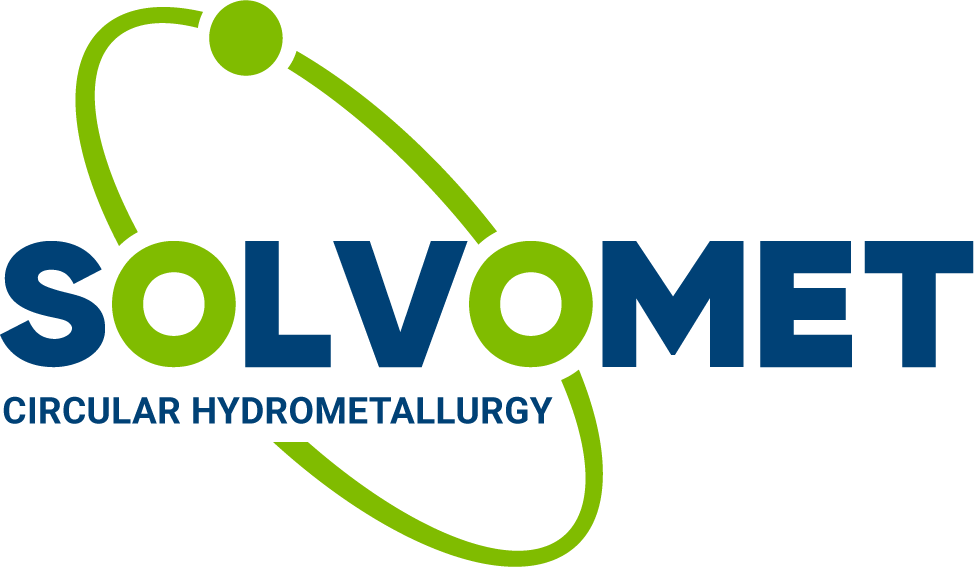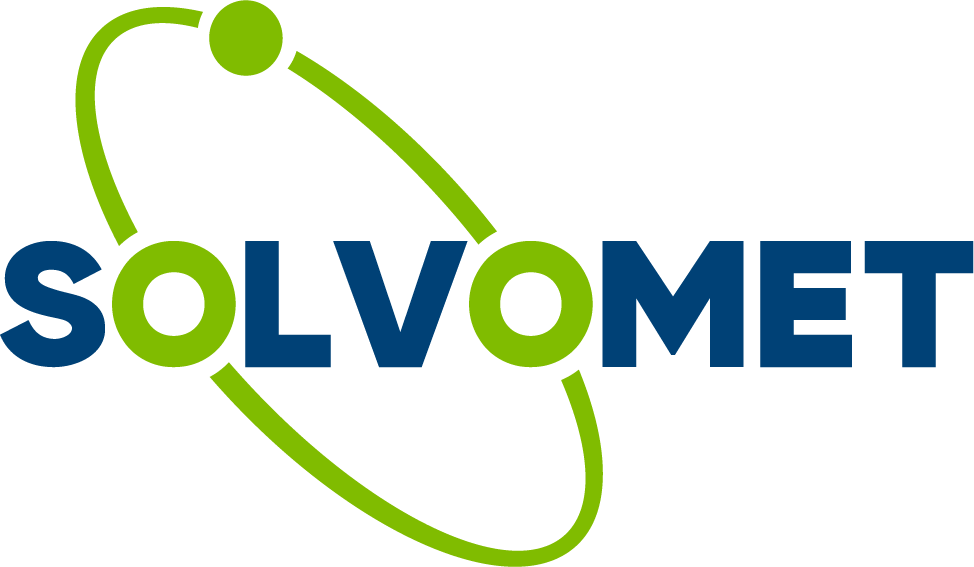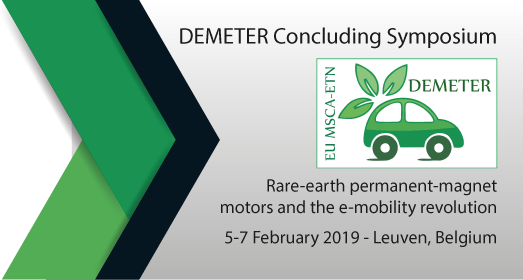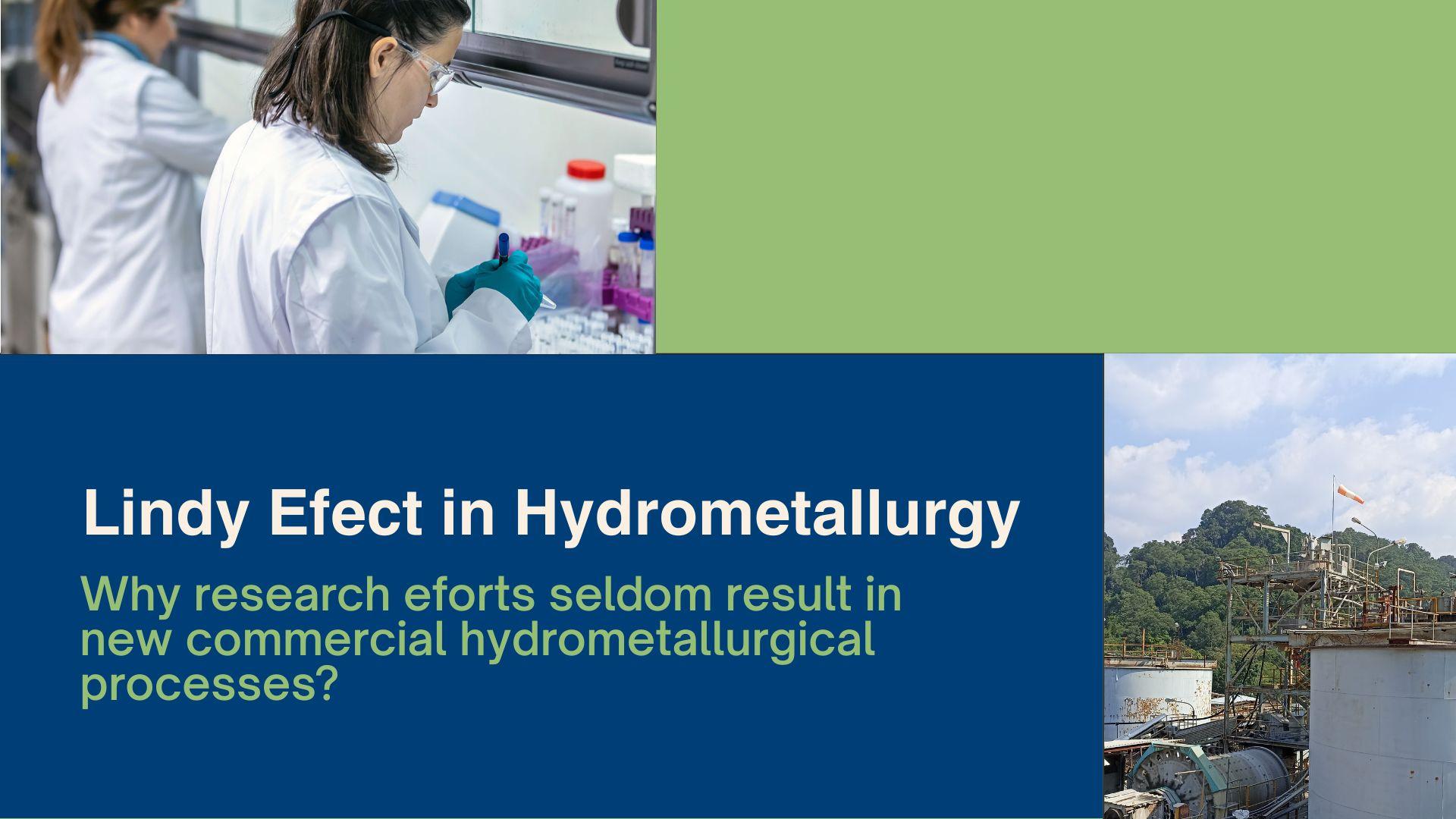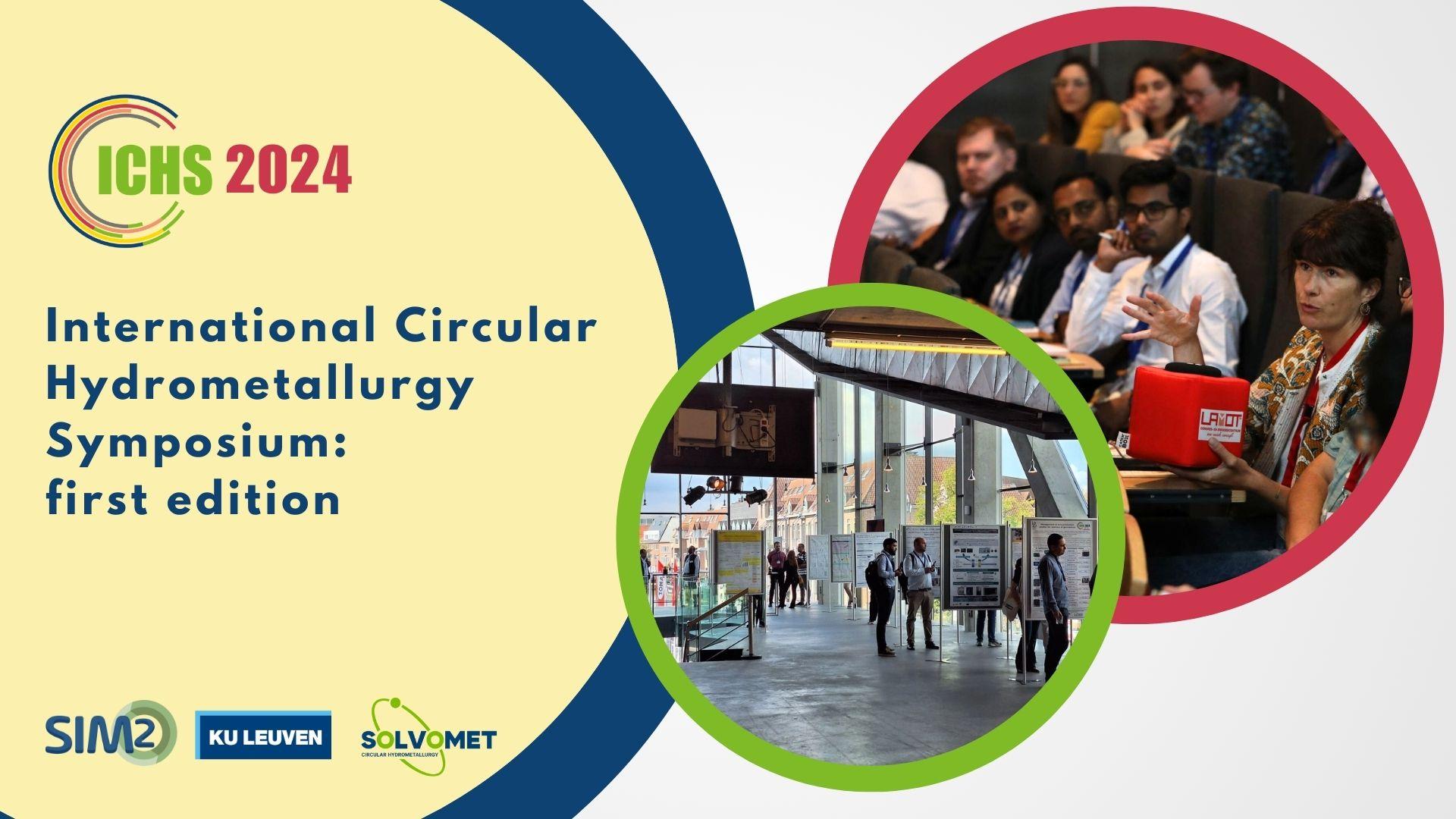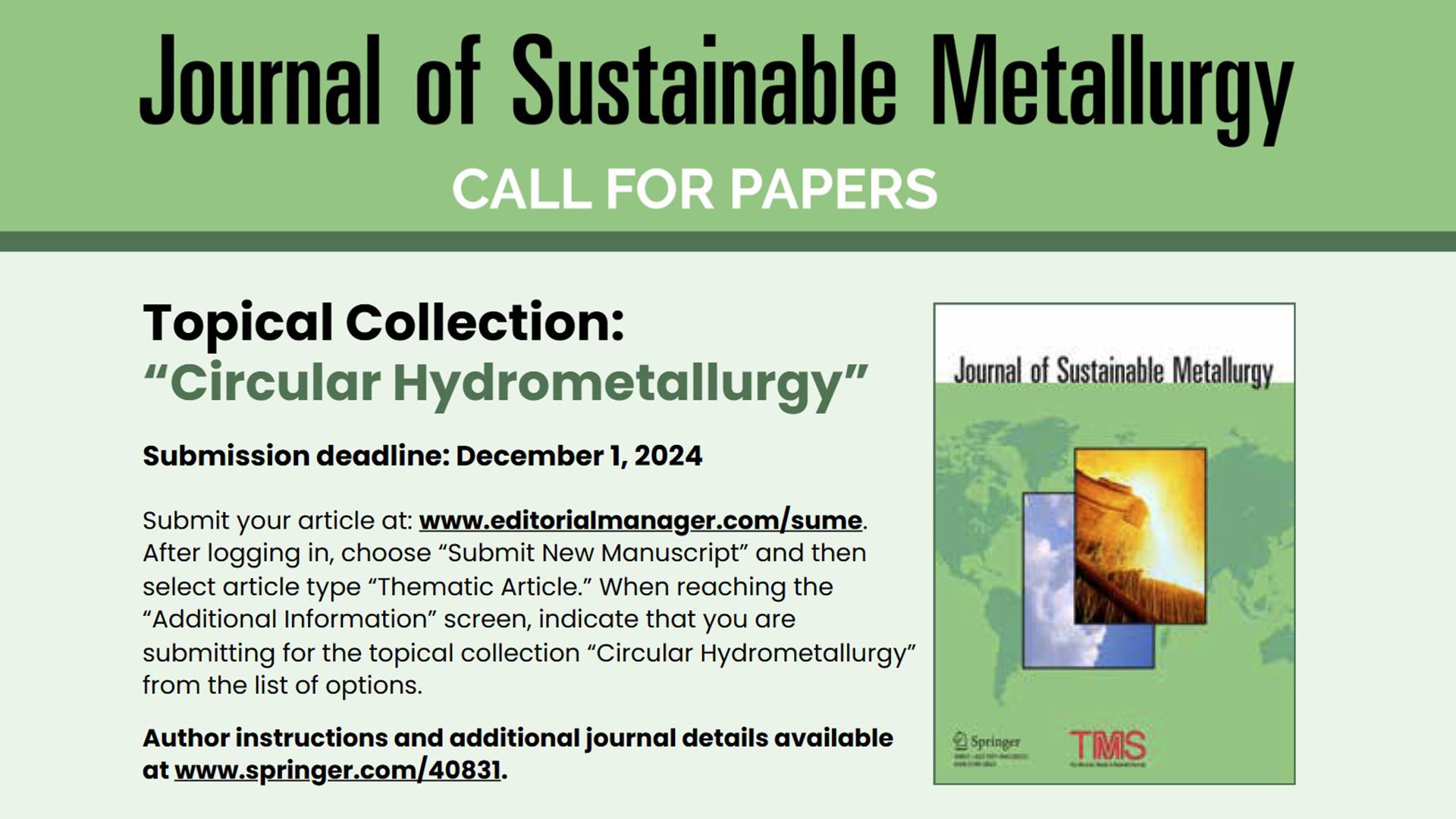In September 2015 the European Training Network for the Design and Recycling of Rare-Earth Permanent Magnet Motors and Generators in Hybrid and Full Electric Vehicles (in short: ETN DEMETER) was initiated. As the project is near completion, the DEMETER Closing Symposium is organised in Leuven (Belgium) on February 5-7, 2019. The programme features more than 10 keynote lectures by world-leading authorities in the field of rare earths, permanent magnets, electric motors and REE recycling technologies. Registration for this event, which is a co-organisation of DEMETER, SIM² KU Leuven and GloREIA, is now open. (PTJ, 17/10/2018)
Symposium scope
The DEMETER Symposium will deliver a high-quality, interesting and wide-ranging programme on rare-earth permanent-magnet motors and the e-mobility revolution. Over three days the Symposium will cover advances in materials, applications and emerging technologies in the field. The Symposium is based around keynote lectures by international experts from industry, academia and the European Commission, as well as oral presentations by the early-stage researchers from the DEMETER project. The keynote and ESR lectures are clustered in 5 Symposium Sessions:
- The future of REE permanent magnets (I)
- The future of REE permanent magnets (II)
- REE permanent magnet motors and (H)EVs
- Recycling of REE permanent magnets
- Are REEs still critical?
 Moreover, other participants will have the opportunity to present their own work during an Intensified Poster Presentation session. Discussions, conclusions and take home messages will be generated by two panel discussions. These debates will involve distinct stakeholders from industry, academia and the European Commission. They will combine science/technology issues with societal and policy opportunities and barriers. The panel discussions are intended to stimulate a wider socety debate about the transition to a low-carbon mobility system, the requirement of critical metals and the Social License to Operate to mine and/or recycle these metals.
Moreover, other participants will have the opportunity to present their own work during an Intensified Poster Presentation session. Discussions, conclusions and take home messages will be generated by two panel discussions. These debates will involve distinct stakeholders from industry, academia and the European Commission. They will combine science/technology issues with societal and policy opportunities and barriers. The panel discussions are intended to stimulate a wider socety debate about the transition to a low-carbon mobility system, the requirement of critical metals and the Social License to Operate to mine and/or recycle these metals.
- Panel discussion 1: REEs and the future of (H)EVs
- Panel discussion 2: Are REEs still critical? (in close collaboration with GloREIA)
Programme
The preliminary programme with the list of confirmed keynote speakers and their lectures can be viewed here. The detailed programme, including the exact timing of the various lectures, will be made available in due time.
Registration is now open
Invited keynote speakers and interested participants can register through the on-line registration form, available through this URL link.
The DEMETER project
 Hybrid and Full Electric Vehicles ((H)EVs) are essential for the transition towards sustainable e-mobility. The permanent magnets in motors/generators of (H)EVs are either NdFeB or SmCo magnets, which contain large quantities of rare earths, which are critical metals with the highest supply risk for Europe. As highlighted by the European Rare Earths Competency Network, recycling of rare-earth magnets from (H)EVs should receive top priority. Reclaiming of rare-earth magnet motors/generators used in (H)EVs is a major challenge because the magnets are difficult to remove from the assemblies. The conventional hydrometallurgical routes for the recovery of rare earths from End-of-Life permanent magnets have a high environmental impact due to inefficient use of chemicals, whereas the conventional pyrometallurgical routes for the production of magnet master alloys are energy-inefficient.
Hybrid and Full Electric Vehicles ((H)EVs) are essential for the transition towards sustainable e-mobility. The permanent magnets in motors/generators of (H)EVs are either NdFeB or SmCo magnets, which contain large quantities of rare earths, which are critical metals with the highest supply risk for Europe. As highlighted by the European Rare Earths Competency Network, recycling of rare-earth magnets from (H)EVs should receive top priority. Reclaiming of rare-earth magnet motors/generators used in (H)EVs is a major challenge because the magnets are difficult to remove from the assemblies. The conventional hydrometallurgical routes for the recovery of rare earths from End-of-Life permanent magnets have a high environmental impact due to inefficient use of chemicals, whereas the conventional pyrometallurgical routes for the production of magnet master alloys are energy-inefficient.
DEMETER, the European Training Network for the Design and Recycling of Rare-Earth Permanent Magnet Motors and Generators in Hybrid and Full Electric Vehicles, concurrently develops (1) innovative, environmentally-friendly direct and indirect recycling strategies for the permanent magnets in the motors and generators of (H)EVs that are currently already on the market and (2) Design-for-Reuse solutions for motors and generators in the (H)EVs of the future.
 An intersectoral and interdisciplinary consortium of leading EU universities, research institutes and manufacturers from the automotive and magnet sector trains 15 Early Stage Researchers (ESRs). The research challenges include the development of hydrogen-based grain-refinement technologies to produce nanograin magnets directly from scrap magnets, the recovery of rare earths from SmCo and NdFeB magnets of motors/generators by ionometallurgical methods, and the design of motors/generators with reusable magnets, where the designs are based on 2D and 3D flux paths as well as non-traditional materials.
An intersectoral and interdisciplinary consortium of leading EU universities, research institutes and manufacturers from the automotive and magnet sector trains 15 Early Stage Researchers (ESRs). The research challenges include the development of hydrogen-based grain-refinement technologies to produce nanograin magnets directly from scrap magnets, the recovery of rare earths from SmCo and NdFeB magnets of motors/generators by ionometallurgical methods, and the design of motors/generators with reusable magnets, where the designs are based on 2D and 3D flux paths as well as non-traditional materials.
Want to know more about DEMETER? Watch the award-winning DEMETER video here and/or read the latest DEMETER Policy Brief (on why the EV industry should work together with the producers of REEs) here.
The DEMETER project has received funding from the European Union’s EU Framework Programme for Research and Innovation Horizon 2020 under Grant Agreement No 67497.
**
Contact
- Rabab Nasser (ETN DEMETER), + 32 (0) 495 59 38 21, rabab.nasser@kuleuven.be
- Peter Tom Jones (SIM² KU Leuven), +32 (0) 486 83 64 94, peter.jones@kuleuven.be
Venue
Park Inn Hotel Leuven, Martelarenlaan 36, 3010 Leuven, Belgium [More information about the hotel and rooms can be found here]
Organisation
SIM² KU Leuven, ETN DEMETER and GloREIA



Sponsored by

